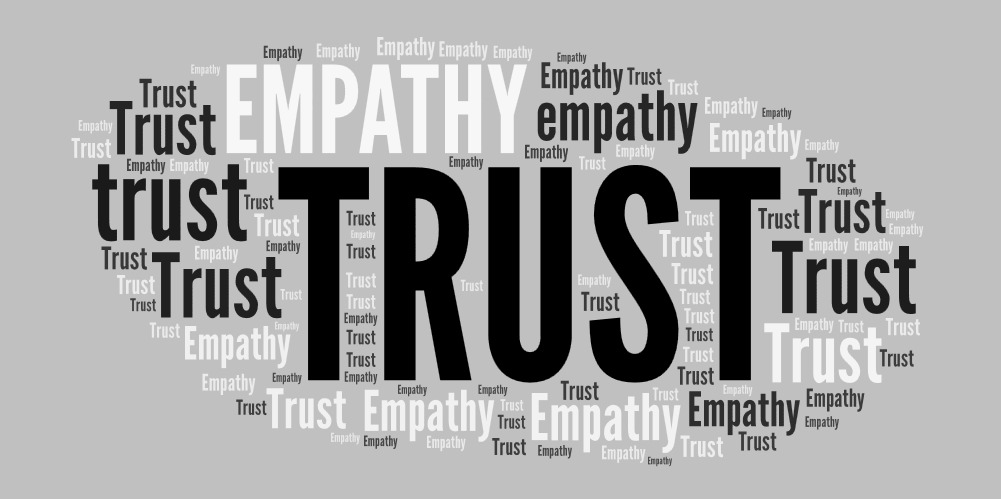Executive coaching, professional staff development, team cohesion and optimization…we can help you focus on the only two factors you need as a…
Access Premium Content
Enter your name and email to read this article and access all premium content.

Executive coaching, professional staff development, team cohesion and optimization…we can help you focus on the only two factors you need as a…
Enter your name and email to read this article and access all premium content.
